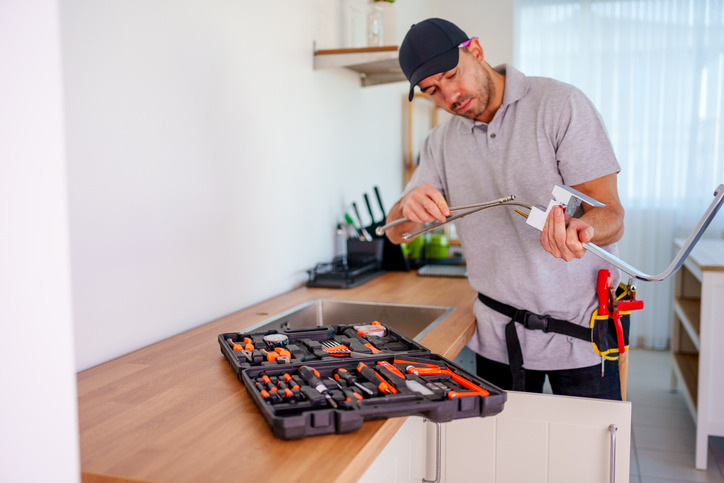First-Time Landlords – A Guide to Maintenance Costs
Becoming a landlord for the first time can be exciting; however, the maintenance costs associated with property ownership can be stressful. Keeping a property well-maintained is beneficial not only for your tenants but also for you, as it can save you money down the road. However, new landlords may struggle to budget for maintenance costs and what to anticipate in terms of expenses. In this blog, we’ll break down some routine maintenance costs, unexpected repairs, and some long-term budgeting strategies to keep your property well-maintained throughout the year.
What Are the Routine Maintenance Costs?
Your basic maintenance costs involve regular upkeep needed to keep your property safe and accessible. These are generally predictable costs that should be included in your yearly budget:
HVAC maintenance
You should schedule a yearly inspection to ensure proper functioning. Also, you should replace your filters every 1-3 months.
Plumbing
Make sure pipes, faucets, and water heaters are all working properly. This can also be accomplished through an inspection by a professional.
Landscaping
Keeping your property’s exterior looking clean by mowing the lawn, trimming trees, and maintaining the walkway will go a long way in preserving its curb appeal.
Pest Control
It’s all about prevention when it comes to pest control. Taking steps to control pests before they become an issue could save you a lot of money down the road.
These basic steps will ensure that your property stays comfortable for your tenants and won’t cost you in the long run.
How Much Should You Budget for Routine Maintenance Costs?
How much you should budget can vary based on the size of the property and where it’s located. Some landlords go by what’s called the “1% rule,” where you set aside 1% of the property’s value each year. For example, if a property is worth $300,000, you’d budget $3,000 per year.
A similar rule is the “square footage rule,” where you put aside $1 per square foot every year.
How to Plan for Unexpected Repairs
Now for the unexpected. It’s much easier to plan for routine maintenance like the ones mentioned above, but it’s a whole other story when it comes to emergencies. Here are some common unexpected repairs you should keep in mind:
Appliance Breakdown
Refrigerators, ovens, and washing machines can break down suddenly, requiring immediate and costly repairs.
Water Damage/Leaks
Leaks can come in many shapes and sizes, and the costs are generally high. Roof leaks, burst pipes, and the resulting flooding should be top-of-mind when planning for unexpected maintenance.
HVAC System Failures
Just like appliances, a broken heating or cooling system will require immediate attention, resulting in high and unexpected costs.
Structural Issues
Foundation cracks can arise over time, especially in older properties and require a significant investment to repair.
The key to planning for unexpected maintenance costs is to be proactive. Scheduling regular HVAC and plumbing inspections can catch problems early. Try to invest in high-quality appliances that are less likely to break and require fewer replacements.
Budgeting for maintenance costs, both routine and unexpected, is crucial for first-time landlords. By understanding routine maintenance costs, preparing for unexpected ones, and developing a long-term budgeting strategy, you can maintain efficient property while keeping your tenants safe and satisfied. Not only that, but you’ll also be preserving your property’s value and saving yourself some serious expenses down the line.
Do you need help planning for unexpected maintenance expenses? GIL can help with expert advice from trusted real estate professionals and property management consultants. Contact us today to get started or get a free property management consultation online.


